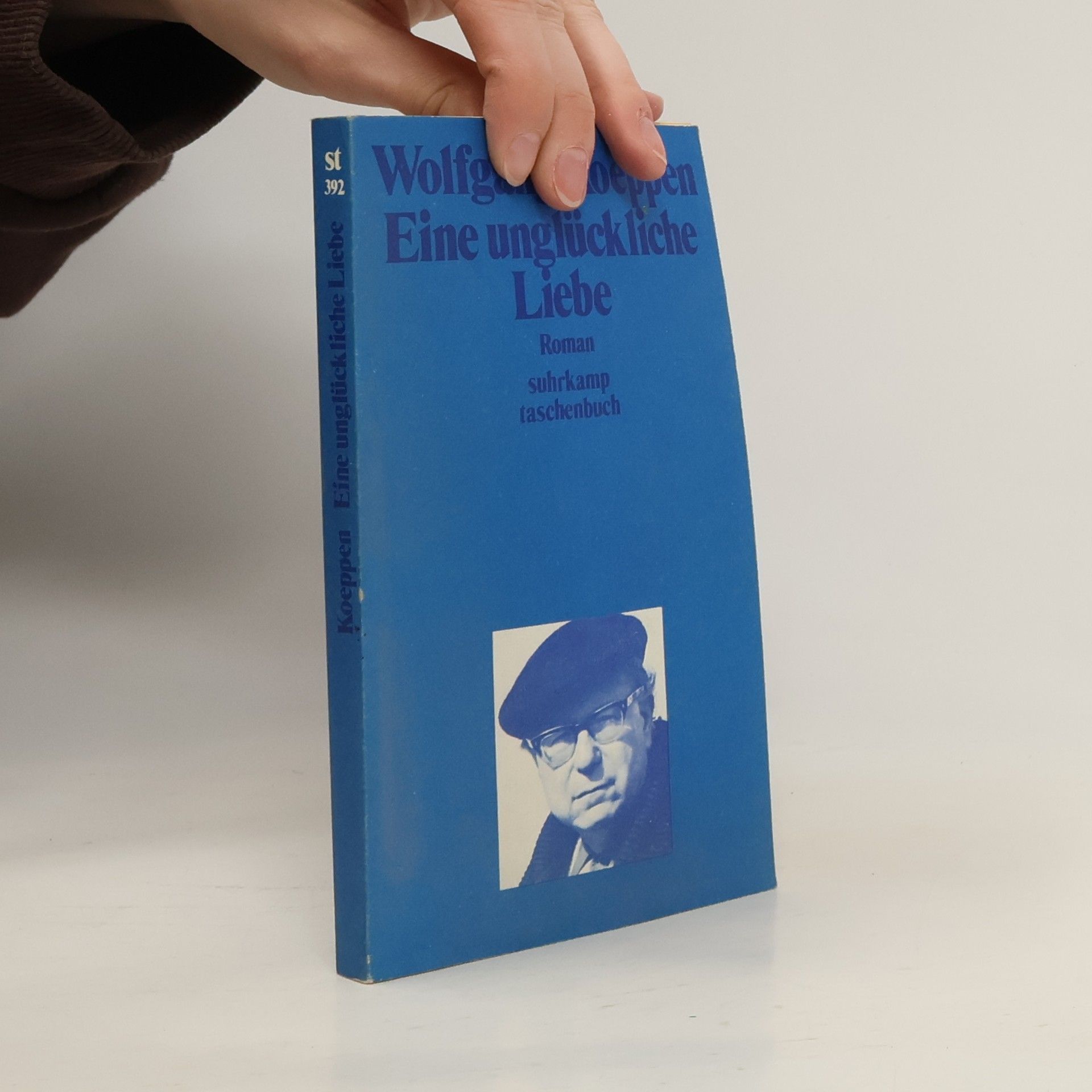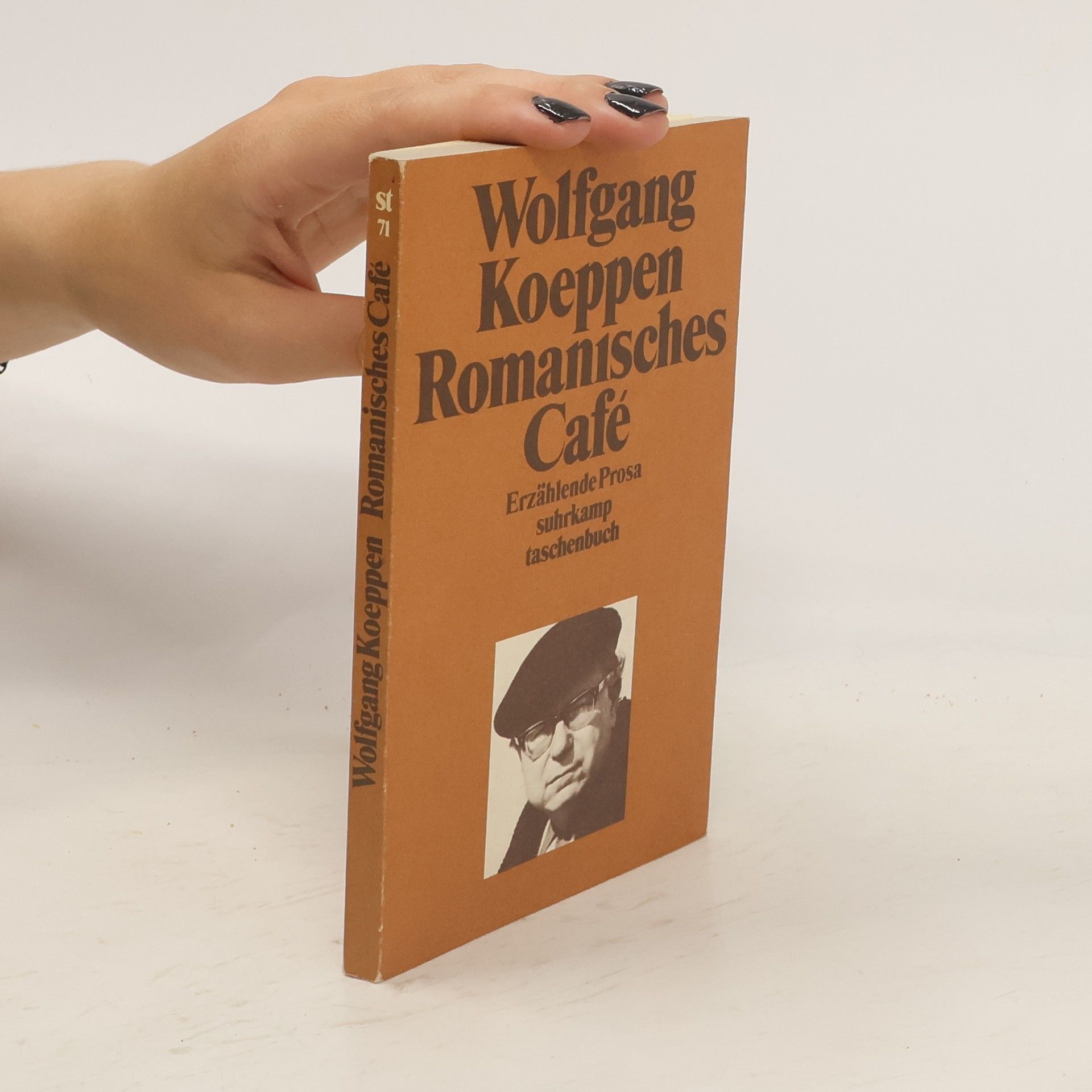Tři novely (Holubi v trávě, Skleník, Smrt v Římě) napsané již v první polovině padesátých let na osudech jednotlivců reflektují nedávnou německou nacistickou minulost a sledují i její rezidua v přítomnosti a prorůstání do budoucnosti. Závažné, čtenářsky náročné, ale poutavé dílo vyznačující se velkou obrazivostí a filosofickým přesahem a dosahem. Jedna z těchto novel – Smrt v Římě – vyšla v českém překladu poprvé již v roce 1957, celek čekal na české vydání díla tohoto významného německého autora dalších padesát let.
Wolfgang Koeppen Knihy
Wolfgang Koeppen je jedním z nejvýznamnějších německých autorů poválečného období. Jeho díla se vyznačují moderními literárními technikami, jako je proud vědomí, a pronikavě zkoumají témata identity a společnosti v poválečné éře. Koeppenův jedinečný styl zachycuje složitost lidské zkušenosti a jeho literární význam je uznáván pro jeho vliv na německou literaturu.



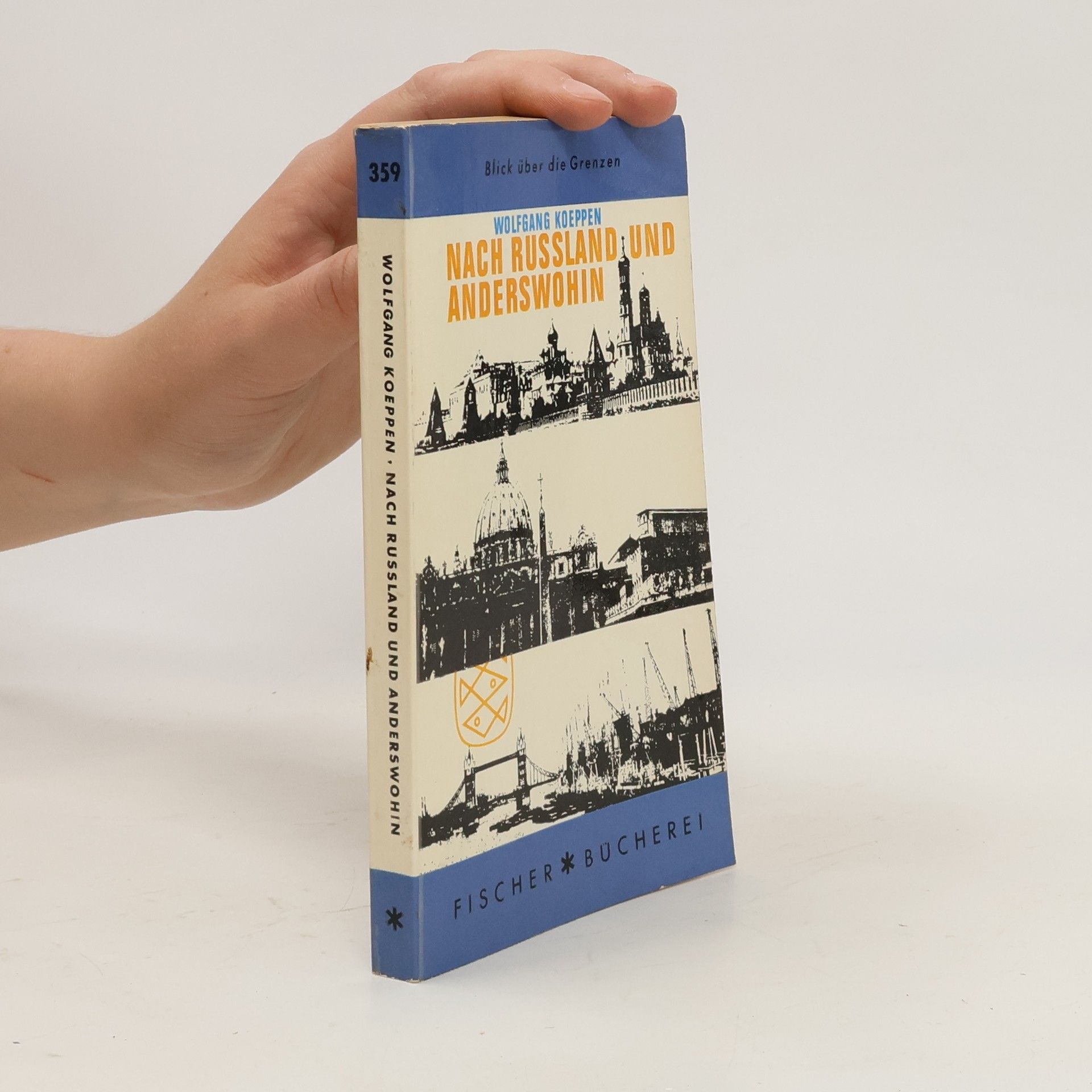
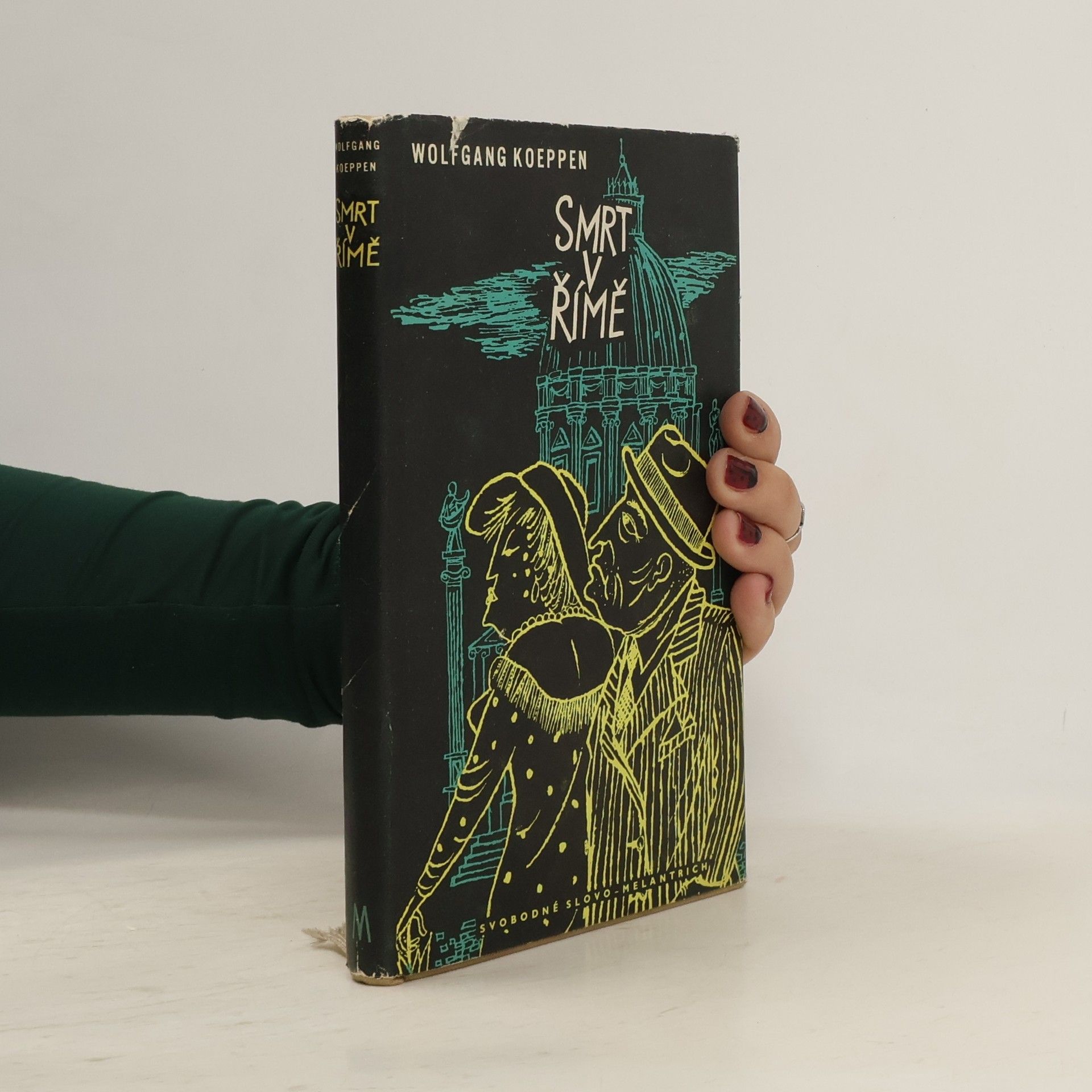
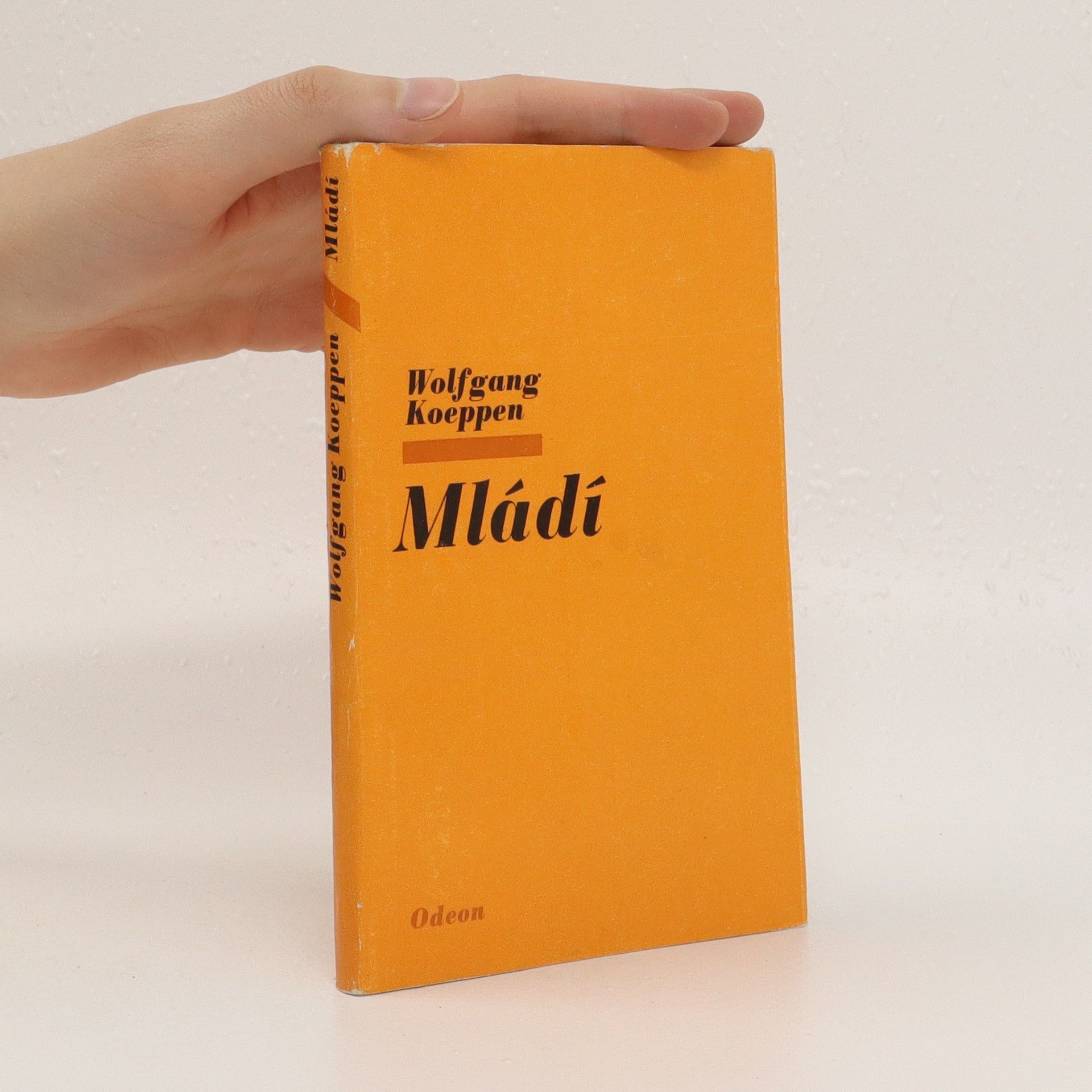

V autobiografické novele, střídající autentická fakta s fikcí a vyznačující se fragmentárním textem, líčí západoněmecký spisovatel (nar. 1906) své mládí prožité v dusném prostředí pruského maloměsta kolem první světové války, nasáklém prušáctvím, maloměstskou morálkou a říšskou ideologií.
Románové vyprávění západoněmeckého autora o osobách a událostech kolem SS-generála, který je považován za mrtvého, objeví se však v Římě jako vojenský expert domorodého panovníka z Dálného východu. Panoptikum tragikomických revanšistických figur, které se sjedou do Říma, aby očistily pověst tohoto „hrdiny“ a přivedly ho zpět do vlasti, do svých řad, odhaluje spekulace některých západoněmeckých politiků, kteří se neštítí používat služeb válečných zločinců. Děj románu zachycuje též osudy synů těchto bývalých fašistických hodnostářů.
Amerikafahrt
- 167 stránek
- 6 hodin čtení
Von dem Machandelboom
- 56 stránek
- 2 hodiny čtení
Traducción de Van den Machandel-BoomExtraído del libro "Kinder- und Hausmärchen" (1812)Texto en español y texto original en alemán.
Deutsche Märchen
- 782 stránek
- 28 hodin čtení
German
Die "unglückliche Liebe", der dieser Roman seinen Titel verdankt, resultiert aus der leidenschaftlichen, quälerischen Beziehung eines jungen Mannes zu einer Schauspielerin und Kabarettistin. Friedrich liebt Sibylle. Aber seine Liebe wird nicht so erwidert wie von ihm erhofft. Er reist ihr nach, tut alles, um von ihr erhört zu werden, doch vergeblich: Der versäumte erste Kuß vollzieht sich später bei der Trennung in Venedig: "Sie wußten, daß sich nichts geändert hatte und daß die Wand aus dünnstem Glas, durchsichtig wie die Luft und vielleicht noch schärfer die Erscheinung des anderen wiedergebend, zwischen ihnen bestehen blieb." Entsagend finden sich Friedrich und Sibylle mit jener "Wand" ab, die sie zwischen sich sehen: "Es war dies eine Grenze, die sie nun respektierten." So ist Eine unglückliche Liebe letztlich ein Buch der Resignation, eine Buch der hoffnungslosen Vereinsamung des Individuums, der tragischen Vereinzelung des Menschen.
Suhrkamp Taschenbuch: Ich bin gern in Venedig warum
- 63 stránek
- 3 hodiny čtení
»Wie oft ich komme, mit der Eisenbahn über den Damm, durch die gleißende Lagune, im Zug Paris-Venedig, München-Venedig, zu Schiff, von der Adria, von den Tempeln, von den Säulen … Venedig lockt, fängt ein, verführt mit seinem Licht, seiner Wasserluft, der Geisterluft … Der Reisende wird aus der Bahn geworfen. Er ist an Land gesprungen, des Abenteuers gewiß.« Wolfgang Koeppens Erinnerungen an Venedig »entschlüsseln sehr schnell ihren Zauber, der Koeppens Texten immer eigen war«. Andreas Müller, Darmstädter Echo
Der Text beschreibt eine melancholische Reise durch verschiedene Themen wie Verlobung, Einsamkeit, Anarchie und Thanatologie, mit Bezug auf Orte und Emotionen, die in einem romantischen Café zusammenfließen.

